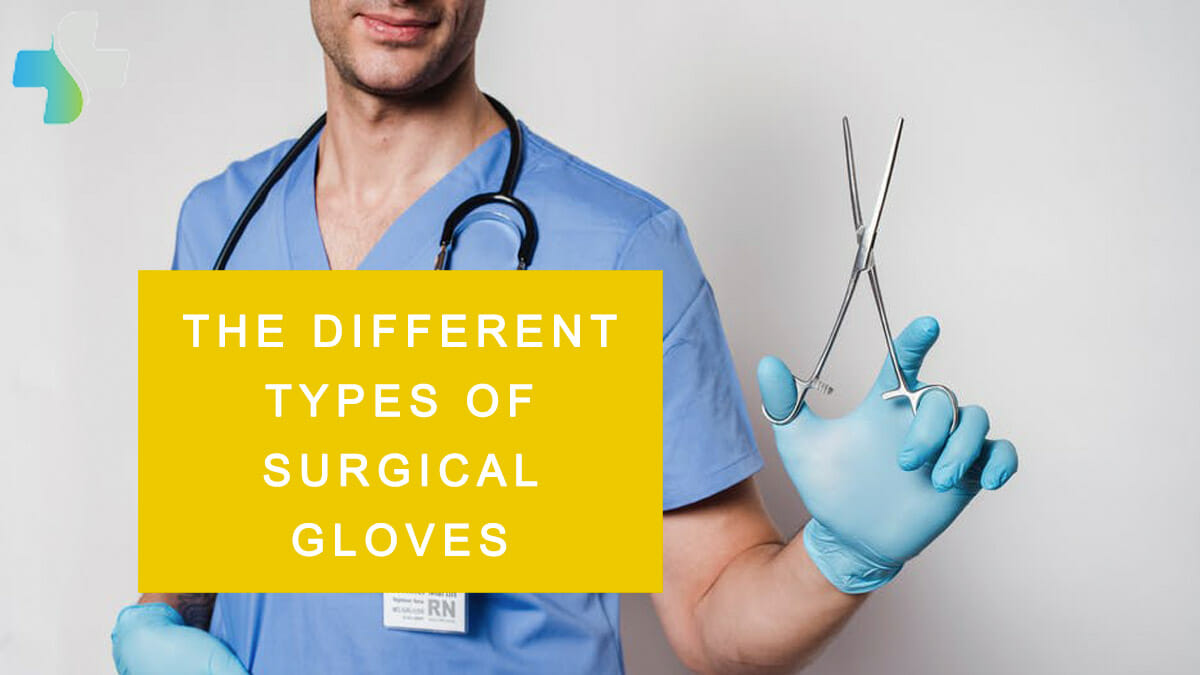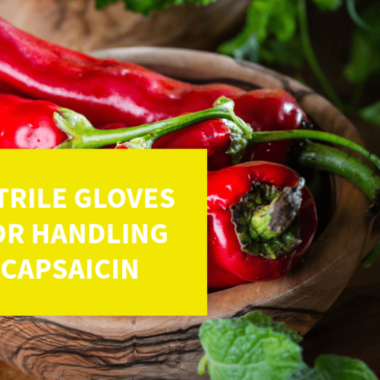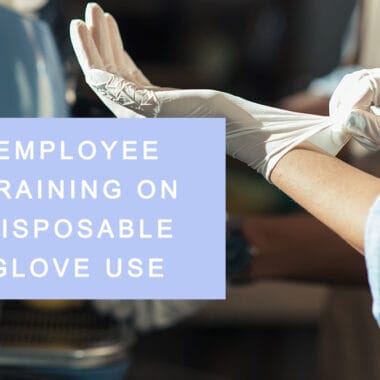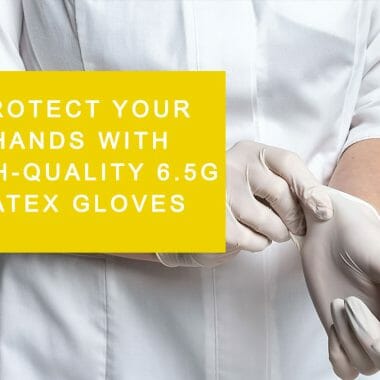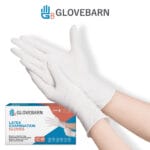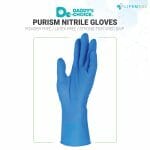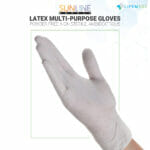Are you confused about the various types of medical gloves and which one may be right for you? There are many types of surgical gloves on the market today.
Every day in healthcare, doctors, nurses, and other health professionals use gloves as part of an infection control strategy. These gloves protect the wearer and the patient from viruses, bacteria, and other pathogens.
There are all kinds of rubber gloves, and they’re used for a variety of purposes in countless industries around the world. If you aren’t familiar with the various choices in surgical gloves, we can help!
Here’s a look at the different types and uses of medical gloves.
Nitrile Gloves
Nitrile gloves are versatile synthetic rubber gloves. Nitrile is derived from petroleum and is latex-free.
Nitrile gloves are frequently used in hospitals and medical clinics. They’re strong and flexible with a high degree of puncture resistance.
They’re popular in a variety of settings, including healthcare facilities, chemical labs, factories, and construction sites. The nitrile material mimics latex and provides thin yet durable protection for your hands.
The material is hypoallergenic and is considered the standard for those who have latex allergies. Some of the advantages of nitrile gloves include:
- Durable and resistant to cuts, tears, and punctures
- Comes in many colors and stains and tears are noticeable
- Resistant to body oils
- Protection from solvents and chemicals
- Latex free and hypoallergenic
Latex allergies are a major problem in the healthcare industry. Choosing an alternative to latex protects healthcare professionals and patients from the dangers of a latex allergy.
Latex Gloves
latex gloves continue to be a popular option in medical and industrial settings. They provide a smooth, snug fit like a second skin.
Latex gloves provide a high degree of sensitivity and dexterity. They’re very flexible and strong yet allow you to feel the textures of the materials you’re working with.
They’re a popular choice with doctors for surgery and other precise applications. Lightly powdered latex gloves make it easy to put the gloves on and take them off.
They are highly elastic and comfortable for long wear. The downside of latex is that it can trigger allergies in some wearers.
People in all types of industries choose latex for its second-skin fit. They’re cheaper than other types of gloves and a popular choice if you want a tactile feel while you work.
Vinyl Gloves
Vinyl gloves are powder and latex-free. They’re another option for those with latex allergies.
Vinyl gloves are disposable and medical-grade. Many doctors choose vinyl gloves for light-duty tasks.
Vinyl is less resilient and more prone to punctures and tears than latex or nitrile gloves. Vinyl is a good choice for medical examinations but not the best choice for surgical applications.
Vinyl gloves are popular in many industries, including the food service and cleaning industries. Many people use vinyl gloves for home cleaning, hobbies, and other purposes.
Neoprene Gloves
Neoprene is a powder-free synthetic material that’s manufactured with nitrile coating. It’s strong and durable with high resistance to viral penetration.
These types of gloves offer great protection from solvents, oils, and other chemicals. The drawback of neoprene is its low elasticity. It’s less comfortable and more expensive than other glove varieties.
Neoprene is an excellent choice for protection but not usually the first choice for medical gloves.
Buying Surgical Gloves
Most medical facilities want plenty of medical-grade gloves on hand. These kinds of gloves have a long shelf life and are fine to buy in bulk.
Some considerations for buying surgical gloves include:
Glove Material
Each type of surgical glove is unique and has its own advantages and disadvantages. The various materials have advantages for particular types of jobs or situations.
Consider the medical glove differences, the purpose of the gloves, and the fit you desire when considering glove material.
Glove Size
A surgeon wants a well-fitting glove that’s flexible and comfortable. Any medical professional wants to be able to work with patients, maintain a degree of sensitivity, and feel at ease wearing gloves all day.
Surgical gloves come in various sizes to provide the needed fit and comfort for the wearer. If you’re buying gloves in bulk, be sure to consider the various sizes you may need.
Strength and Thickness
For adequate protection during medical procedures, surgical gloves must be strong enough for the task. Consider the situation and whether sharp objects will be used.
Gloves must be thin enough to maintain flexibility but thick enough to resist cuts, tears, and punctures from needles or other sharp objects.
When you’re buying medical gloves, consider the thickness, tensile strength, and puncture resistance of the material.
Double Gloving
Some doctors and nurses prefer to wear two gloves to protect themselves and their patients. This is an effective way to protect their hands from bodily fluids during surgical procedures and other high-risk tasks.
Double gloving offers extra protection and lowers the risk of infection for medical personnel and patients during a surgical procedure. Surgical teams often choose different colored gloves, so tears and punctures are easier to spot.
Buying Surgical Gloves Online
Surgical gloves are a staple in the medical field. Doctors, nurses, and other medical professionals depend on these types of gloves to protect themselves and their patients every day.
If you’re in need of medical gloves, it’s important to know there are various types of rubber gloves to choose from. If you’re buying gloves online, LifeMedz offers the highest quality medical-grade gloves and hospital supplies for your protection.
Take a look at what we have to offer today.

